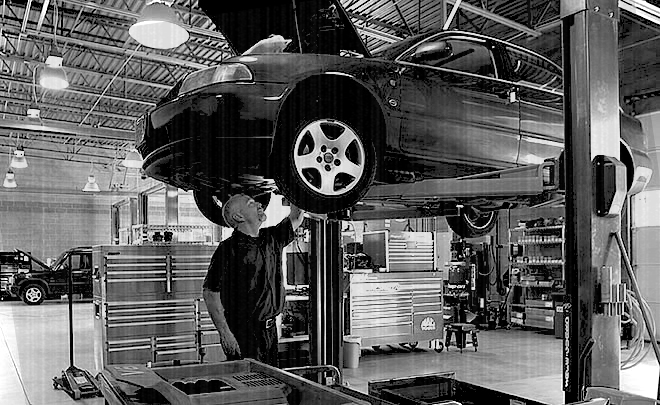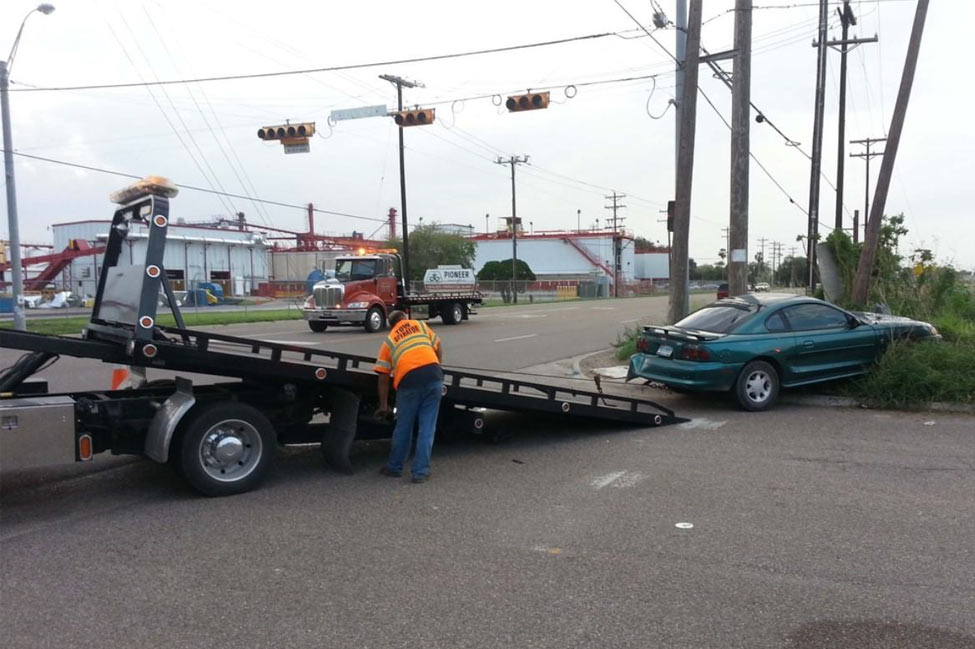I was watching a UFC fight the other day, and right in the middle of it this cocky kid just drops his hands and motioned for the other guy to hit him.
Yeah…I couldn’t believe it.
Believing he was bulletproof, he just stood there taunting the bigger man, inviting him to punch him. So…the other guy OBLIGED HIM—he landed 5 or 6 Free punches before Mr. Bullet-Proof put his hands back up. Later on, it cost the kid the fight.
He learned the hard way that overconfidence can be your enemy.
I learned that lesson the hard way too. When I was 19, I ran my first marathon. I’d trained all year with my college cross country team, racing 8k’s and running up to 90 miles per week. And when our season ended, I ran the St. Louis Marathon and finished strong with a good time.
So here’s the cocky part. When I turned 32, I wanted to recreate that experience and run the same race. Now 32’s not old, but training for a marathon takes a big commitment of time. Finishing the 26-mile race requires that you first have a base, meaning you must start with a certain amount of physical fitness (I was running maybe 30 miles a week). After that, you need to complete multiple training runs of 15 to 18 miles…and a few 21 milers—so you don’t fall on your face or “Hit The Wall”, as they say, during the last few miles.
Well, I started training for the October race in August, which only gave me a few months to get in shape. I ran…maybe 6 long runs and had all the confidence in the world. And on race day, I felt pretty decent. But as the race progressed and I struggled to get to the 15-mile mark, I knew I was in trouble. When I hit the next mile marker, my hamstring tightened up, and serious doubt began to creep into my head. At mile 18, I started walking and almost ended up like Mr. Bullet-Proof…face down and out for the count.
Yeah…I learned the hard way that thinking you’re in better shape than you are can cost you.
And when it comes to business, it can cost you too. Whether you’ve been doing this for a while or are new to the game, there’s one thing you can be sure of if your competition’s business is in better shape than yours, they’re going to get your customers.
Of course, they aren’t really your customers, to begin with. They’re just people who need services that both you and your competition provide. And to keep them calling you, you need to take an honest look at your customer list and see who’s used you in the last 90 days. For example: If you see that some of the repair shops haven’t called you in a while—it could be that they’re just slow right now, but don’t let that lull you into a false sense of security. And by all means, don’t ignore them.
Too many times, we fear calling on customers because we know the difficulties we face when dealing with cold-calling salesmen—we believe our visit will be unwanted and bothersome. Although in some cases this may be true, from my experience, reconnecting with repair-shop owners is like visiting old friends.
Think about it this way. These guys are stuck in their shops all the time and don’t have time to get out and talk with people. And a visit from someone who’s involved in the automotive business but not a competitor can be most welcomed. It’s a time to catch up, commiserate if business is slow, and even gossip.
But you can mess it up if you’re not careful. If you try to make the hard sell and come across as cocky—pressing about your business being the best choice, you’ll be sorry.
Just be honest, helpful, and consistent. And—don’t make the repair-shop owner do the work. Don’t ask him how you can do more or be more helpful. You don’t build lasting relationships that way…they don’t happen overnight. Take time to learn about his needs. Then go about the work of developing solutions for them—come up with your own plan. And if you’re not being genuine in your concern, you might as well sell your truck and do something else. Because helping him with his business helps your business.
So what does it look like? How do you treat repair shop owners right and win their business?
Honesty
- Among many things, honesty means telling the truth about ETA’s. If you can’t get a tow truck there within the allotted time, say so.
- Don’t play bait-and-switch games— Meaning don’t promise one price, then slowly increase your rates as you feel more comfortable in your position.
- And if you mess up and damage something—say a car or a customer relationship…Confess your sins immediately.
Helpful
- Go out of your way to create value for his business. Think about his biggest challenges— employees, customers, competition. What can you do to ease some of those challenges? If you’re approached by a capable job applicant but don’t have room—ask the repair shop owner if he could use some help, then send him over.
- And how many motorists do you encounter every month who don’t know where to take their cars? A lot, right? Well, they’re all looking for an honest mechanic. Could that be your friend?
Consistent
- On a scale of 1 to 10, with 10 being important, repair shop owners consider the cost of your services to be a 10. Think about the conversation that goes on before you become part of the transaction. Their customer wants to know “how much”. How much will it cost to fix my vehicle? And the biggest fear most motorists have when dealing with repair shops is being taken. So if the estimate to fix the car includes towing and last week your towing rate was X, but this week it’s X+, then how do you think that makes the repair shop owner look?
- But consistency doesn’t only count with regard to price, your service must be consistent as well. If you’re friendly and outgoing one day but grouchy the next, he’s going to start looking for someone else.
The towing business is just a small part of the interdependent automotive repair industry. Once you realize that it’s not just you in the game and you’re willing to do the work and provide value, you’ll find competing is a breeze.







Leave A Comment